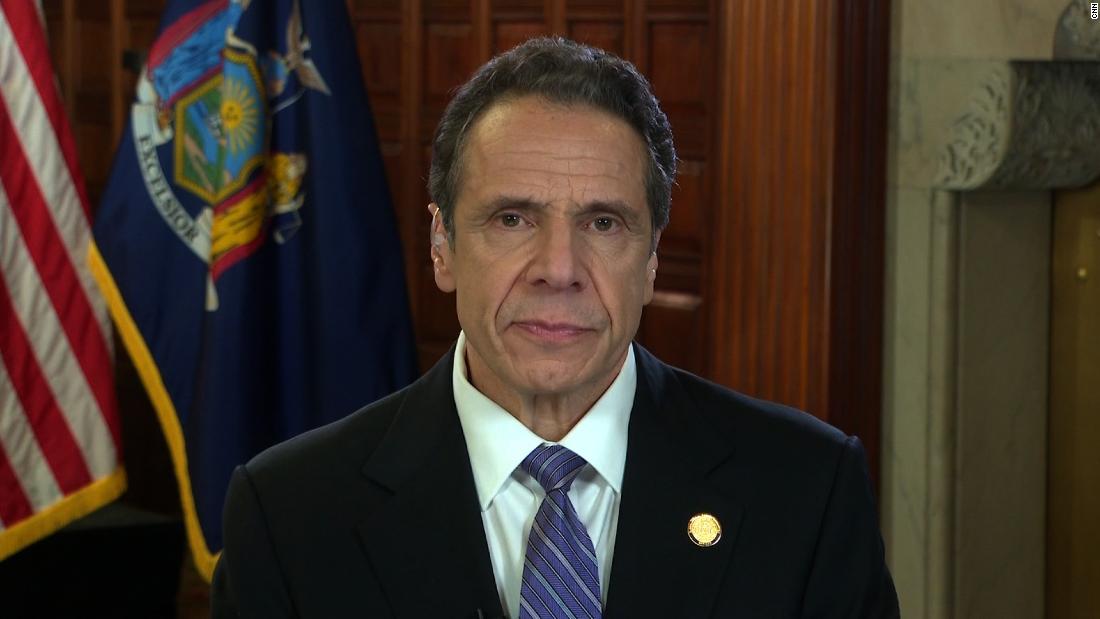Y'know, in all seriousness, I was thinking about something adjacent to this earlier today. For as much as we'd like to see an overhaul of the private insurance industry, I'm not insensitive to the fact that there are thousands upon thousands of people who would be out a job immediately if we find a way to implement M4A. An expanded Medicare infrastructure would probably find space for a lot of those people to find employment within the government, but not all, and I do think that element of the conversation gets buried a lot in the private vs. public insurance conversation: a lot of people will find themselves unemployed and suffering. It doesn't mean there's not a moral imperative to fix things, but I don't hear many solutions floated for the everyday claims adjusters and underwriters and admin workers and middle management and so on that populate those offices. What happens if all the incomes that depend on this industry are just disappeared overnight? How many people end up unhoused/bankrupt/unable to feed their kids? It'd be harder to feel sympathetic if those issues were limited to C-level executives, or if executives were likely to be impacted by those consequences at all, but it's harder to swallow that Jim from accounting and Sandra in reception and Mike in HR don't have careers anymore because their entire industry vanished in an extinction event. What happens to the facilities management and landscaping companies who lose those contracts? What happens to the office cafeteria workers who have no one to feed? What happens to the guys in IT who are running the company website? What happens to the coding/billing specialists at your local hospital who are experts at the intricacies of insurance? What happens to the people at MY company who help coordinate my benefits package with Anthem? I'm not suggesting that these are reasons not make big changes, but the ripple effect here isn't insignificant, and fixing healthcare but without hurting working folks in the process is a tough question.





